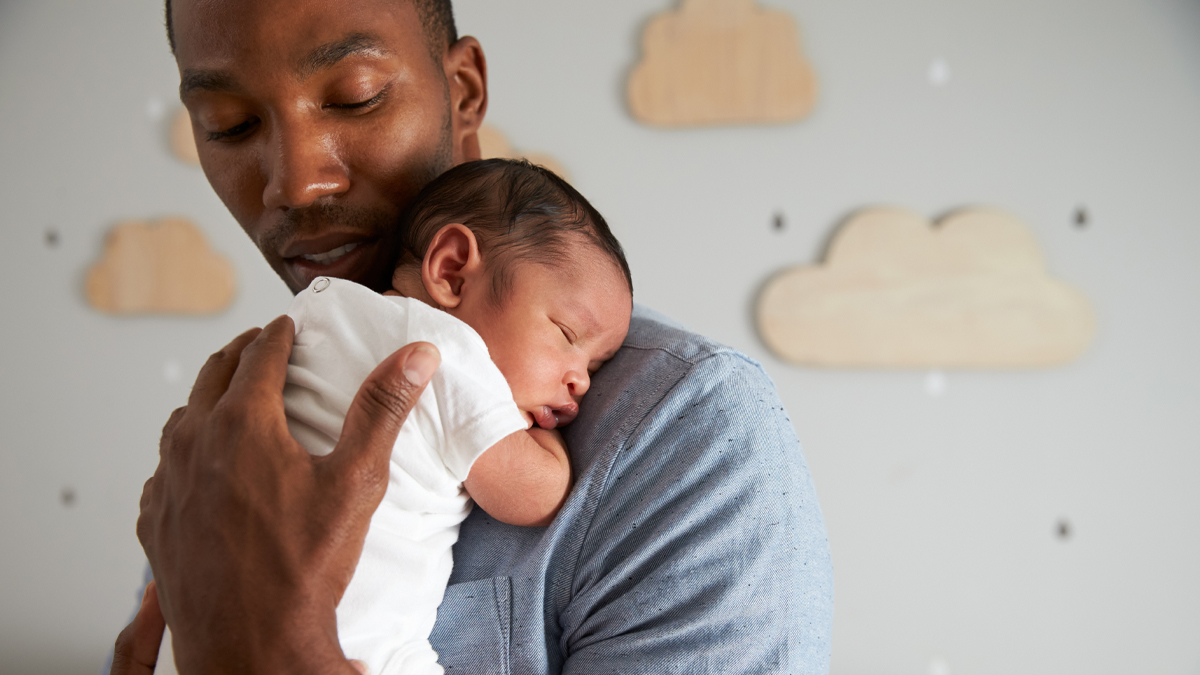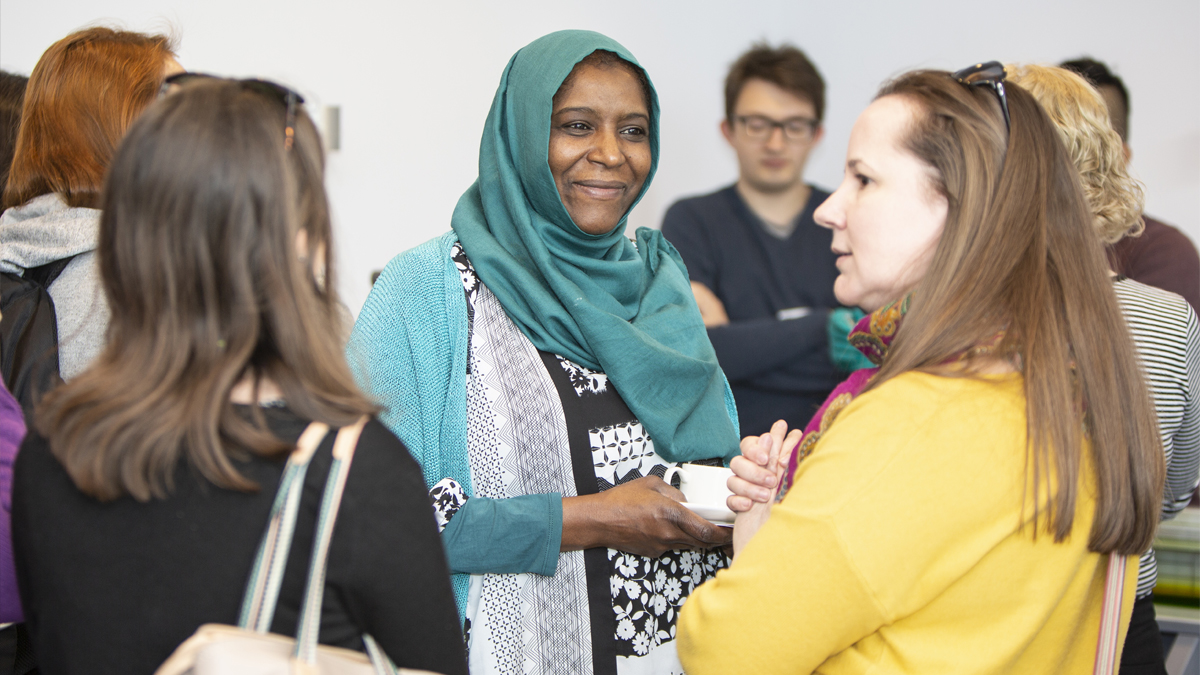"As a School, we face different challenges than are typically found in other Science, Technology, Engineering and Mathematics (STEM) subjects.
"We are nonetheless committed to ensuring equality and inclusivity for all people with protected characteristics under the Equality Act (race, disability, age, gender reassignment, marriage and civil partnership, sex, sexual orientation, religion/belief, pregnancy and maternity), as well as unprotected characteristics (e.g. socio-economic class, obesity).
"Our commitment to equality and diversity is based partly on a strong sense of fairness, and a belief that people do best when they bring all of themselves to work. But it is also based on the knowledge that diverse institutions are more successful because they draw on the best from a wider range of people.
"It is therefore important that the culture within the School is such that everyone can operate in the knowledge that they are respected for who they are. This is key to fostering good physical and mental wellbeing.
"As part of our commitment to equality and diversity, we have sought feedback on what we are doing well and where we can improve. We have used this feedback to make changes that promote better equality and diversity.
"Examples of this include developing a School policy for Maternity, Paternity and Adoption leave which is widely available. This sets out not only what we do to help caregivers to maintain their careers, but also demonstrates how we ensure that this is not at the expense of adding work to other staff.
"We have created an unconscious bias training programme for the University and have mandated that all staff who are conducting interviews should have this training. This is to support equality of opportunity in recruitment and when supporting promotion cases. These practices are of benefit to all, and do not seek to target specific demographics.
"Please contact me for any further information and advice on equality and diversity in the School."





